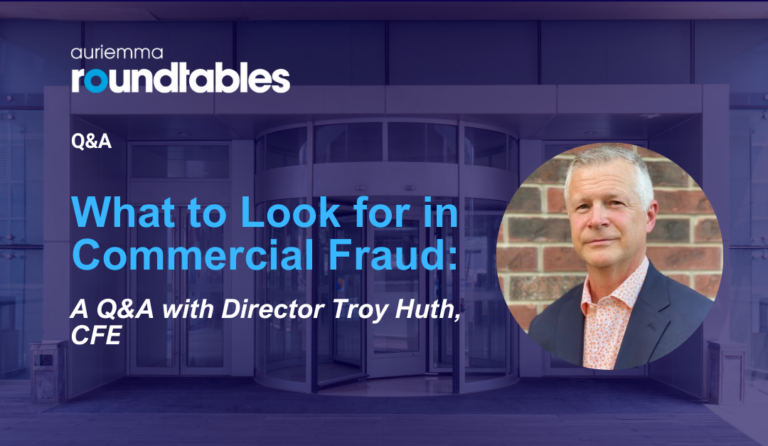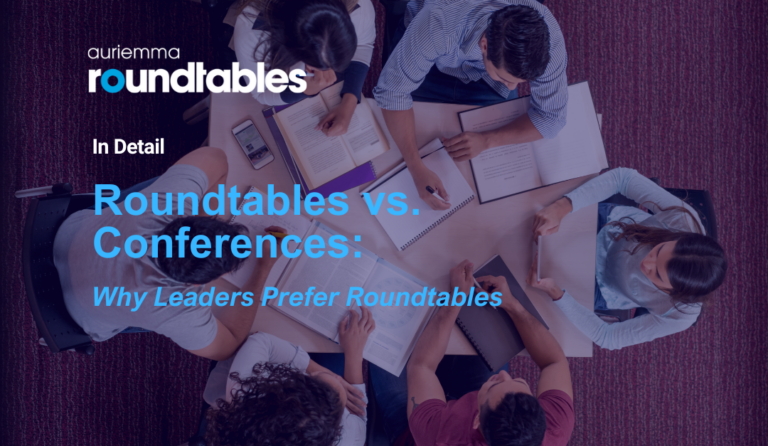July 1, 2024
Analysis: The implications of the CFPB’s ruling on BNPL products
Under a new interpretive ruling from the Consumer Financial Protection Bureau (CFPB), Buy Now, Pay Later (BNPL) firms will have to adhere to some of the same regulations as card companies and other lenders.
The interpretation, which was met with mixed reactions from the industry, revolves around disputes, refunds, and billing statements. The public comment period extends to August 1.
The CFPB based its interpretation on a determination that BNPL products effectively act as a substitute for traditional credit cards. Additionally, the CFPB found both BNPL and credit cards combine payment processing with credit services and impose transaction fees on merchants, making their business models similar both on the buyer and seller end. These overlaps were similar enough to treat credit cards and BNPL as comparable products, even in the absence of a physical card or an ongoing line of credit.
The BNPL industry is small compared to traditional credit cards, but the increased scrutiny comes at a time of increasing popularity of BNPL products: While only 9.3% of consumers reported recently using a BNPL platform in 2023, that number represents a 40% increase from 2021, when only 6.6% of consumers reported doing so, according to a report from the Boston Fed.
Auriemma Roundtables various member-only groups are digesting how this latest regulatory update will impact each respective function, ranging from credit risk to credit bureau reporting. Here’s a rundown of the possible changes and what to expect down the road.
What the CFPB interpretive ruling does
The CFPB’s interpretation means it expects BNPL to comply with Regulation Z dispute and refund requirements when applicable. Requirements would include:
- Investigate disputes: BNPL lenders must allow for and follow up consumer-initiated disputes. Lenders must also pause payment requirements during the investigation and issue credits where applicable. This opens up the potential for dispute abuse, which is pressing topic at Auriemma Roundtables’ Card Chargeback Roundtable.
- Refund returned products or cancelled services: When consumers return products or cancel services for a refund, BNPL lenders must credit the refunds to consumers’ accounts.
- Provide billing statements: Consumers must receive periodic billing statements like the ones received for classic credit card accounts.
What the interpretation does NOT do
Although the CFPB has been examining the possibility for some time, this latest ruling does not require BNPL providers to report accounts to credit bureaus. Although Apple made the news when it announced in February it would start reporting its Apple Pay Later program to Experian, other providers have not followed suit. Those that don’t report to bureaus say the structure of BNPL agreements don’t neatly fit current credit scoring models, in part because they are less likely to be paid in monthly increments. Additionally, some BNPL firms argue credit bureau scoring penalizes borrowers who take out multiple short-term loans.
It’s not clear if the CFPB will take steps to mandate such reporting, but federal regulatory action does not seem imminent. Requiring private companies to collaborate with credit bureaus would be a first for the agency. (Regulatory power around credit bureau reporting typically stems from legislation; the CFPB’s role is to supervise such reporting CFPB action.)
What’s next?
The public comment period extends to August 1. In the meantime, some BNPL firms, including Affirm, already have existing internal policies that closely resemble the CFPB interpretation. For its part, Klarna, another large provider, called the move “baffling,” saying that that BNPL products do not fit the mold of credit card transactions.
Recent CFPB actions, such as rulings around credit card late fees, have faced legal challenges. It’s not clear if BNPL companies will mount similar efforts.
Where Dispute Best Practices Are Built
At both BNPL providers and card issuers, dispute teams have a more critical mandate than ever. In Auriemma Roundtables‘ Chargeback Roundtable, participating roundtable members detail their back-office structure, including internal process flows and work streams, and share best practices for handling fraud and non-fraud dispute types. Conversations touch on staffing strategies, network chargeback rules, technology, and the regulatory environment.
To learn more about Chargeback Roundtable membership, contact Zeenat Shah, Director of Sales.



